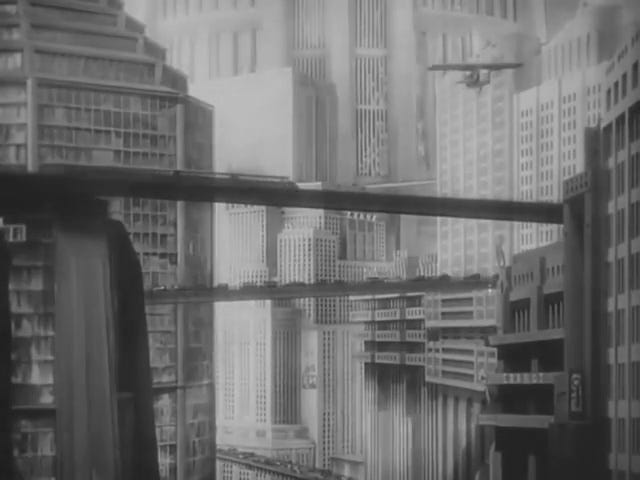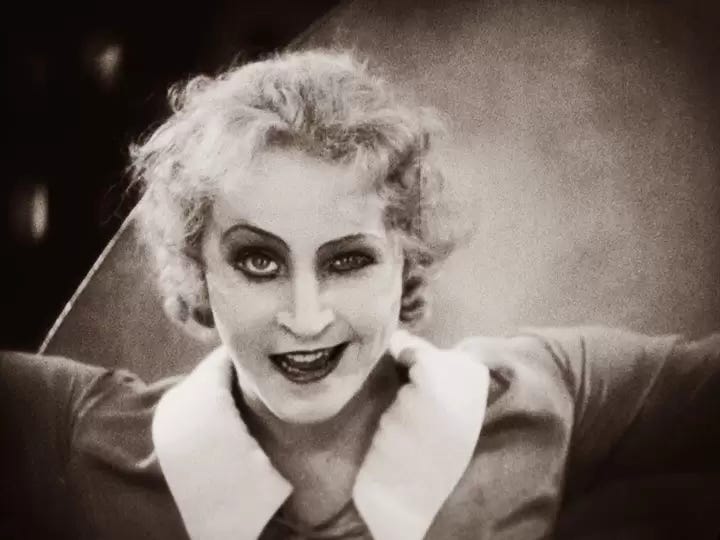"I am no bird; and no net ensnares me; I am a free human being with an independent will." - Charlotte Bronte, Jane Eyre
Loneliness is a complex emotion that can manifest in various forms, ranging from mild dissatisfaction to debilitating despair. It is a universal human experience that has been explored in art, literature, and film for centuries. One film that captures the essence of loneliness in a visually stunning manner is Fritz Lang's 1927 science-fiction masterpiece, "Metropolis."
"Metropolis" is set in a dystopian future where society is divided into two classes - the wealthy elite who live in luxury high-rise buildings and the working-class who reside in the depths of the city, toiling in the factories that power the metropolis. The film centers around the character of Freder, the privileged son of the city's ruler who becomes enamored with a working-class girl named Maria. Through Freder's eyes, we witness the stark contrast between the opulence of the upper-class and the grimy, industrialized existence of the lower-class.
What makes "Metropolis" such a powerful exploration of loneliness is the way it portrays the isolation of the individual within the dehumanizing machinery of modernity. The workers in the film are shown as faceless cogs in a vast, soulless machine, moving in unison as if they were part of a giant clock. This image is a potent symbol of the dehumanizing effects of industrialization, where individuality is subsumed by the demands of productivity.
Moreover, the film portrays loneliness as a pervasive force that affects both the privileged and the working-class characters. The elite in the film are shown as being emotionally cut off from the rest of society, trapped in their ivory towers and living in a world of their own creation. They are shown as being disconnected from the harsh reality of the lower-class existence, content to live in luxury while their fellow citizens suffer.
Meanwhile, the working-class characters in the film are depicted as being alienated from each other, forced to compete for scarce resources in a dog-eat-dog world. This alienation is embodied in the character of Rotwang, the mad scientist who creates a robot in the image of Maria. The robot, in turn, is used to incite the workers to rebellion, leading to chaos and destruction.
In this sense, "Metropolis" can be seen as a cautionary tale about the dangers of social isolation and the importance of connection. The film suggests that the pursuit of technological progress at the expense of human connection can have disastrous consequences for society as a whole. The message of the film is clear - we must not allow ourselves to become mere cogs in the machine, but instead, strive for meaningful human relationships and connections.
"Metropolis" is a powerful exploration of loneliness that speaks to the enduring human need for connection and community. Through its stunning visuals and poignant narrative, the film reminds us that the pursuit of progress must not come at the expense of our humanity. As we navigate the complexities of modern life, we must strive to stay connected to each other and resist the forces that seek to isolate us.
Related links -







Thank you. I love these surreal films too, they are brilliant and thought provoking! I’ve got a really long list of things to watch and write about but maybe Invaders from Mars. Tempted to write a whole series about Mars but we will see.
“Metropolis" is a powerful exploration of loneliness that speaks to the enduring human need for connection and community.”
So glad you took a look at Metropolis! I’m loving these looks at older, surreal films. What other films are you thinking of watching?